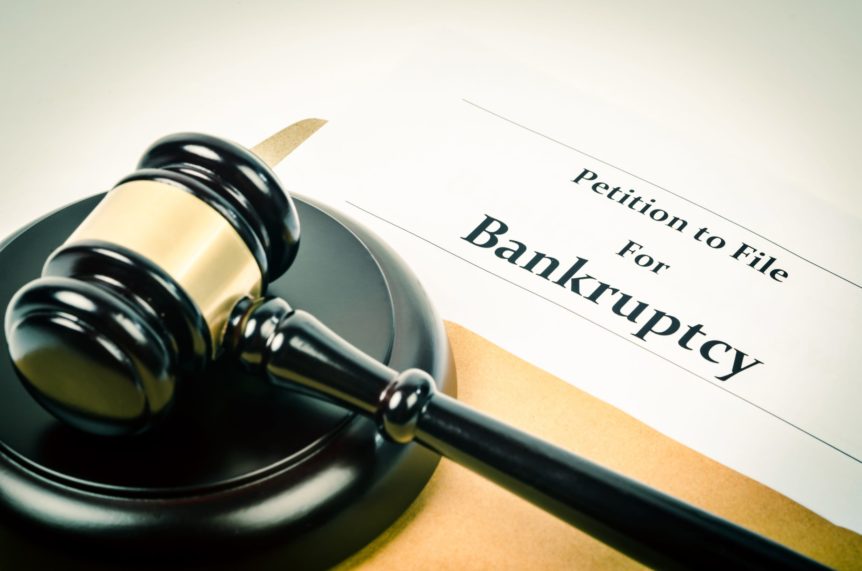By Heather Culp
A well-timed bankruptcy can be a powerful arrow in the quiver of a taxpayer with burdensome income tax debt. A taxpayer’s personal liability for individual income tax debt can be discharged in bankruptcy if the answer to each of the following five questions is YES:
1. Have more than three years passed since the tax return giving rise to the tax liability was due, including applicable extensions?
11 U.S.C. § 507(a)(8). Individual income taxes for the period ending 12/31/16 are thus the most recent taxes that could be discharged, as of late April 2020, or late October 2020 if the taxpayer obtained an extension of time in which to file the return. Certain taxpayer actions can extend this three-year period; those include a prior bankruptcy filing and a request for a collection due process hearing. See language immediately following 11 U.S.C. § 507(a)(8)(G).
2. Did the taxpayer file the tax return giving rise to the tax liability more than two years prior to the bankruptcy filing?
11 U.S.C. § 523(a)(1)(B). An IRS-prepared, unagreed “substitute for return” does not count as a tax return for purposes of this rule (IRC § 6020(b)). It is almost always in the taxpayer’s best interest to file all delinquent returns.
3. Have at least 240 days passed since the date on which the IRS assessed the tax debt at issue?
11 U.S.C. § 507(a)(8). Assessments can follow an audit, examination, or amended return. Beware the “sleeping assessment.” The IRS has three years to assess taxes and penalties, from the date the return was filed. That means taxes can be assessed upon filing, and then again up to three years later if there is an increase in tax or a penalty following an audit or examination. Thus, it’s often not as simple as waiting until 240 days have passed from assessment; you don’t want to file a bankruptcy only to find out in the middle of it that additional taxes have been assessed, because they won’t be dischargeable. Beware that this 240-day period is extended by an offer in compromise plus 30 days. 11 U.S.C. §507(a)(8)(A)(ii)(I).
4. Was the return at issue free of fraud?
Tax debt arising from a fraudulent return is never dischargeable. 11 U.S.C. § 523(a)(1)(C).
5. Has the taxpayer refrained from any willful attempt to evade or defeat the tax debt at issue?
Likewise, willful attempts to evade or defeat a tax liability bars the discharge of the tax debt. 11 U.S.C. § 523(a)(1)(C).
Practice tips:
- Timing is everything as to the first three conditions described above. An IRS tax account transcript is key in calculating the date (if any) on which federal individual income tax debt will be dischargeable. The relevant information as to North Carolina individual income tax debt must be obtained verbally, if at all, from the NC Department of Revenue (i.e., there is no written transcript system).
- These provisions of the Bankruptcy Code apply to all individual income tax debt, including state and local individual income tax debt. One should review local and state statutes to determine any additional timing considerations as to the discharge of state and local tax debt.
- Trust fund taxes are never dischargeable in bankruptcy (i.e., those that are withheld for payment to a third party, such as sales tax, use tax, and income taxes required to be withheld). Further, the trust fund penalty under IRC § 6672 is never dischargeable. N.C.G.S. § 105-242.2(b) is the North Carolina equivalent, establishing a basis for a responsible person to be personally liable for such taxes owed to the NCDOR.
- A tax lien is not discharged in bankruptcy. However, the lien attaches only to the property the taxpayer-owned on the date of the bankruptcy filing and rights to property that had vested in the taxpayer on the date of the bankruptcy filing. See Internal Revenue Code § 6321.
- There is a circuit split as to whether tax debt arising from a late-filed return can be discharged in bankruptcy. For now, at least, in North Carolina and the Fourth Circuit, taxpayers can discharge taxes arising from returns that are filed late, but before any unagreed SFR. The attorney should always warn a taxpayer with a late-filed return (even one day late!) of the possibility of the nondischargeability of debt arising from that return.
- Income tax debt is non-consumer debt for Chapter 7 eligibility purposes.
- If the tax debt is dischargeable, the related penalties and interest are generally dischargeable.
The devil is always in the details; this is a broad overview of a complex area of law. If you need help working through whether a bankruptcy would alleviate a tax problem, or have questions regarding tax debt within a bankruptcy, contact the experienced bankruptcy attorneys at Essex Richards today.
Heather Culp is an attorney with Essex Richards in Charlotte.

